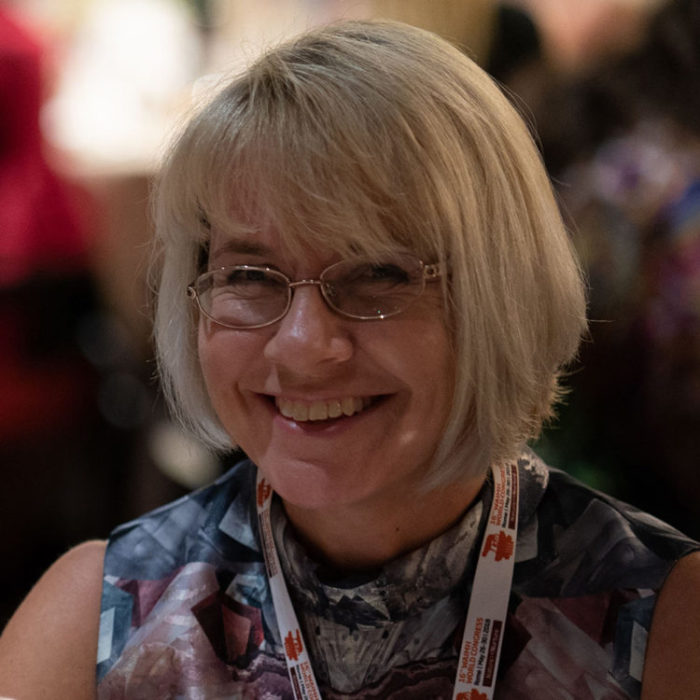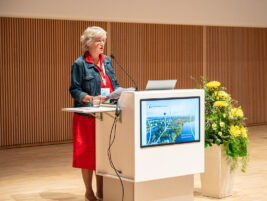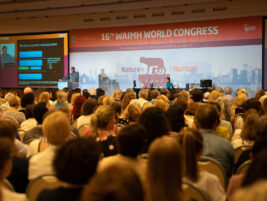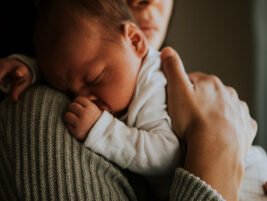Dear colleagues and friends,
Here in the Nordic countries, we are experiencing spring with its rapid increase of daylight after the dark winter months. A phenomenon that makes most of us feel almost giddy, particularly on sunny days with clear blue sky and the warmth of the sun on our faces. In a few months there won’t be dark even during the night; only a few hours of twilight between sunset and sunrise. In a way our winters and summers are two extremes of darkness and light, and autumn and spring are the times for us adapting to these extremes.
Like nature, also the human history seems to be changing from one extreme to another. One of Finnish emerita professors of psychology, Liisa Keltikangas-Järvinen, gave an interview this week for our main newspaper. Her main message was that in the current Western world we accept such selfish and egocentric behaviour from adults that we usually see in toddlers two to three-years old. In her opinion, our Finnish culture has started to shift from the idea that the society is for taking care of everybody into more egocentric thinking where everybody fends themselves. In a sense there is nothing new in this, throughout our (short) history we have had people who only guard their own power and privileges and some of they may even believe they are working for the greater good. Ken Follet’s novel series about Kingsbridge town starting from 11th century to 18th century is a beautiful narrative of the constant struggle between forces of kindness and caring and selfishness and cruelty.
We who work with young children and their families know exactly how much kindness and caring is needed in procuring the best possible development of children. We also know how damaging it is to shun, exclude, neglect and hurt people. Although xenophobia, fear of something different, may be a feature initially developed in our minds to protect our communities in early stages of human history, it can also be a very toxic phenomenon now that immigration is more prevalent than ever before. Would it not be better to get acquainted and learn new things from people from other cultures than to automatically be fearful and negative against them? Having said this, I also must recognize that even within countries and cultures there are people with different abilities, opinions, values and ways of life that can enrich the community.
WAIMH strives for better understanding of how to support young children and their families globally in many ways. The WAIMH board is currently drawing up criteria for member ‘working groups’ and ‘advisory committees’ on topics that have been taken up by WAIMH members. The already active working groups include, for example, the Global Crises group. Working groups or advisory committees for aspects of early childhood ethics and of social media in early childhood are under consideration. These multinational groups offer one opportunity for increasing understanding of the similarities and differences we have between various parts of the world.
Another way of working together for kindness and caring has been long suggested by a long time WAIMH member and friend Deborah Weatherston. Debbie is a pioneer in reflective supervision, and while we were talking together a while ago, she asked if we in WAIMH could encourage our senior members to offer to mentor or supervise our younger colleagues worldwide. In this time – thanks to our greatly increased possibilities for online-meetings – this is more doable than ever before. So, if you feel you could give for example one hour of your time per month for one-to-one mentoring or supervision with a WAIMH colleague, please let the Office know (office@waimh.org). Similarly, if you are a younger colleague in need for mentoring or supervision, let us know.
With my warmest regards to you all,
Kaija








